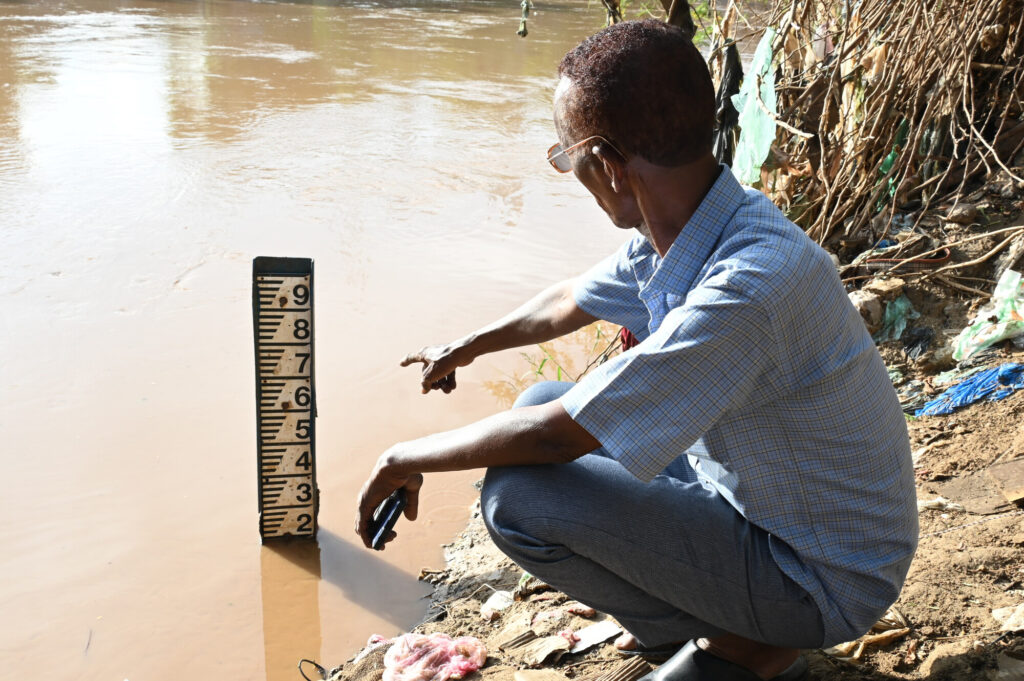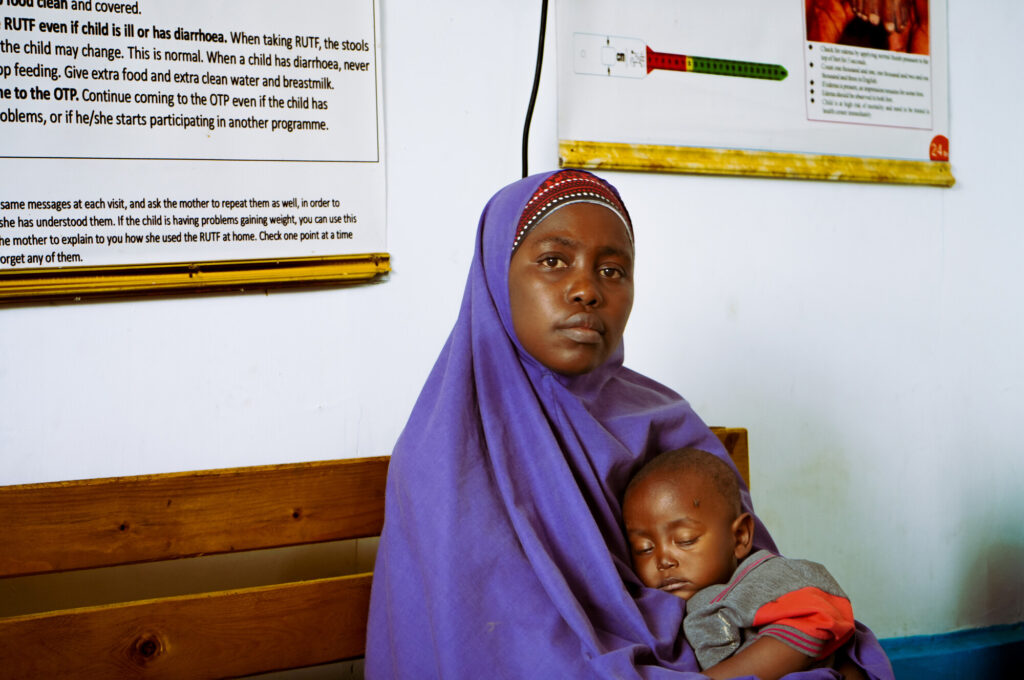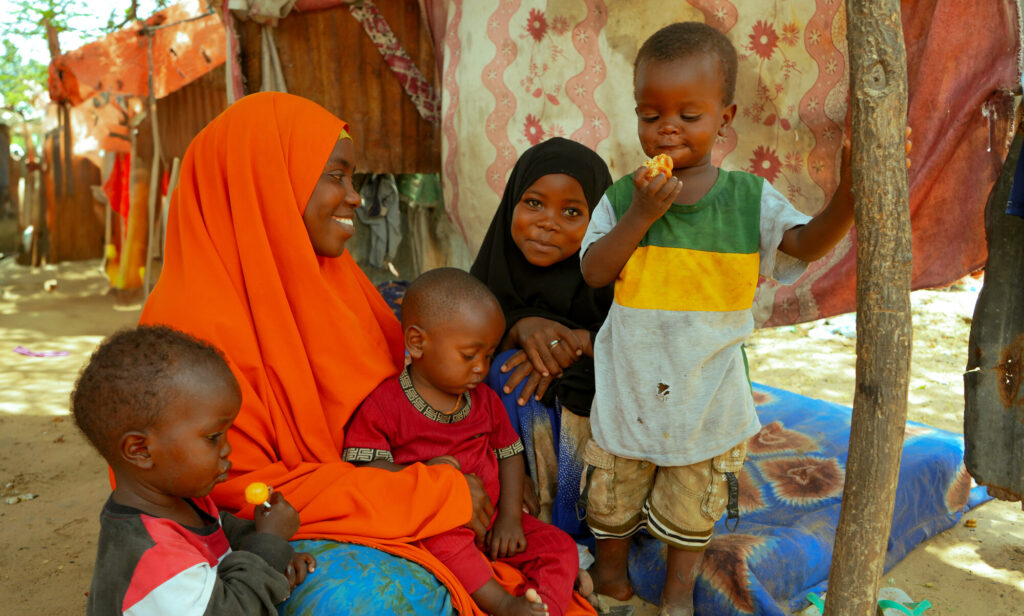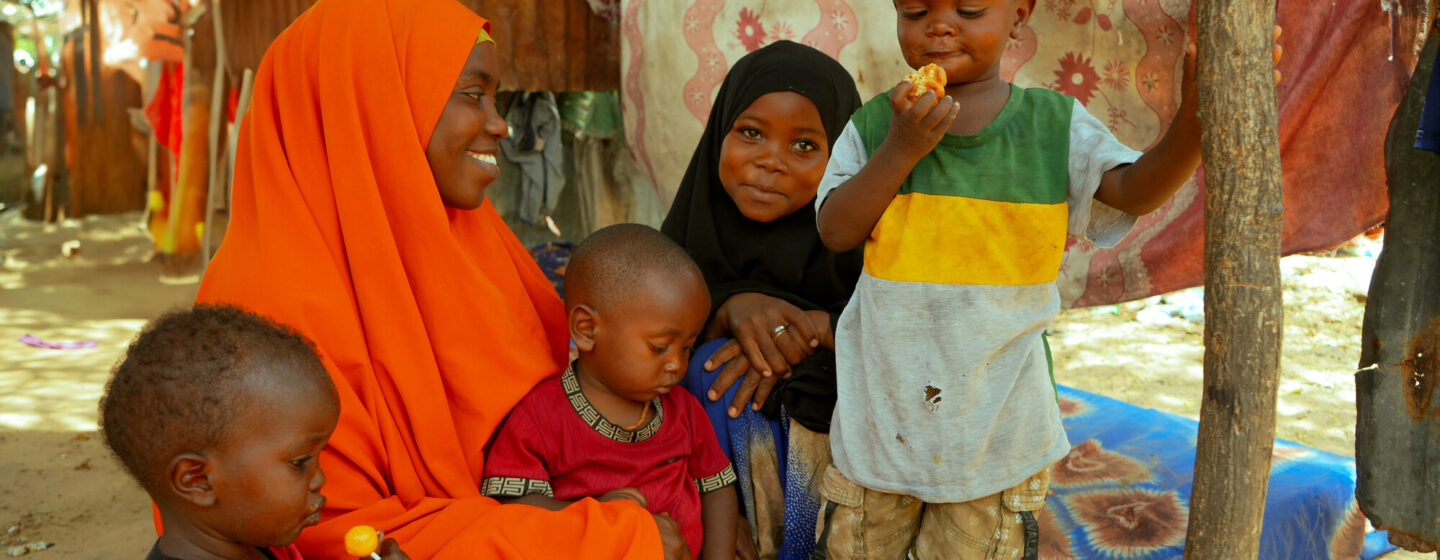The efficiency and effectiveness of the Somali Cash Consortium have enabled to provide multi-purpose cash assistance to over 3.5 million displaced people across Somalia since the Consortium began operating in 2018.
“The essence of what we do has not changed since the beginning – we are providing unconditional cash to people affected by conflict or climate change, such as flooding, drought or hurricanes,” Somali Cash Consortium director Alessandro Bini explained. “But what has changed since 2018 is that we have adapted the way we do this. We have become more flexible and faster in the way we do it.”
The Consortium is currently working on an extension of its existing programme to disburse €15.5 million between April 2024 and next March. Funded primarily by ECHO and the Swiss embassy for Somalia, they aim to assist almost 266,000 people.
“The funding is flexible, which means we operate in Somalia and Somaliland. This is exactly what’s needed in order to be fully responsive to the context of the needs that communities have.”
The Somali Cash Consortium is led by Alliance2015 member Concern Worldwide and includes its fellow member ACTED. Together with consortium members COOPI, DRC, NRC, SCI, and IMPACT Initiatives, they have a wide reach within Somalia and Somaliland. This is increased further by the linkages with other consortia and external partners.
“While we do cash, we are aware that this is not the only need that some people have, so we work to integrate with services provided by consortium members and also by external partners,” Mr Bini explained.
“For example, families of malnourished children receiving care in stabilisation centres may be referred to us for cash support. We may also link them with other organisations to provide other services they need, such as a displacement camp management cluster that may be able to provide them with access to water or other non-food items.”
The consortium’s approach is markedly different from the more traditional approach of NGOs which involves pre-planning where they will operate for a set period. “From an administrative point of view, it’s a lot more difficult to be as agile as we are,” he said. “But we do this as it’s a better way to provide services to people. It’s a lot more relevant to be present where and when we are needed.”
The consortium carries out detailed assessments and selection processes to identify programme participants. As part of this process, they prioritise households with low or no assets, minority clans, new internally displaced people, female headed households, children, older people, people with disabilities and those who are chronically ill. The consortium also focuses on hard to reach and inaccessible areas.
The flexible nature of the Consortium’s model was fully tested during the first phase of the current funding period between April and December 2024. During this period heavy rains and floods affected over two million people, displacing about one million and resulting in over 100 fatalities.

The floods exacerbated challenges caused by the 2021–2023 drought, particularly in central pastoral areas and IDP settlements. El Niño intensified displacement, causing floods affecting thousands of families and disrupting lives. It increased the need for urgent assistance in livelihood support, food aid, non-food items, and emergency shelters.
The Somali Cash Consortium responded by reaching over 130,000 people between April and December 2024. Over 3,660 of these beneficiaries were from households where children with Severe Acute Malnutrition and complications had been admitted to stabilisation centres.
One of these beneficiaries was Amburo* who arrived in Mogadishu in August 2024. She and her husband were maize farmers in Baidoa, selling their crops at the local market to support their four children. Life had always been tough, but the drought pushed them over the edge.
“Our cattle perished,” Amburo said. “The ground dried out, and we couldn’t grow crops. There was no rain. We had to go.” To save their children, Amburo and her husband set out on a three-day journey for Mogadishu. Their life in displacement had begun. “I couldn’t find work when I arrived in Mogadishu. Even now, bits of my body, including my legs and chest, hurt from the journey and the stress. Even if I could go to work, I have nobody to watch my kids,” Amburo says. “My husband does what he can. He works as a log cutter. On a good day, he could make between US$3 and US$7, but that is insufficient.”
Her one-year-old son was severely malnourished, and Amburo was concerned for his wellbeing.

When they arrived at the camp, Amburo heard about the Maternal and Child Health Centre, supported by Concern. The staff were able to treat the young boy for malnutrition, providing him with vitamin-rich biscuits and sharing nutritional information with Amburo.
As a result of the existing collaboration between the Somali Cash Consortium and the Maternal and Child Health Centre, Amburo was enrolled in the Consortium and started receiving cash transfers so she could buy food and medicine, and pay for her children’s school fees.
“[My son] has gained weight, eats well, and enjoys playing with other children,” Amburo said. “He’s now doing fine.”
Amburo and her family still face many challenges in the camp, but eight months later she remains hopeful for the future. “Things are very different now. When I first came to Mogadishu, we had absolutely nothing, we were starting from zero. Now, at least we have a place to sleep, and my child’s health has improved.”
“Some of my hopes have come true – seeing my child healthy, playing with other kids, and eating well brings me happiness. I truly hope my children don’t have to live the same life as I have. I want to see them healthy, living a good life, and maybe even graduating from school.”

The Somali Cash Consortium is currently the largest consortium supported by ECHO. The consortium model is being used in other countries such as Iraq and most recently Sudan. Given the impact it has had in Somalia, addressing so many complex issues, the experience gained there is being shared.
*Name has been changed.
Author: Concern Worldwide, June 2025.


